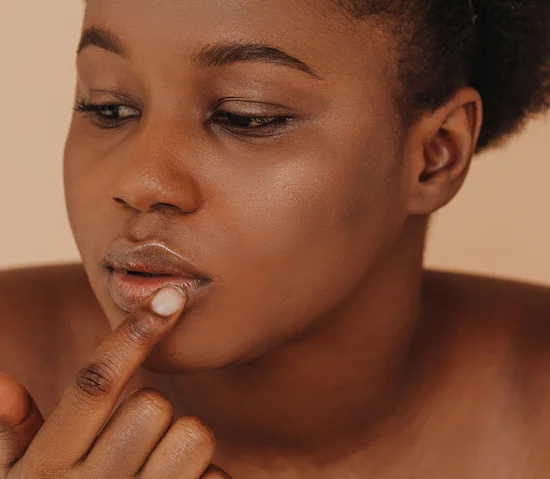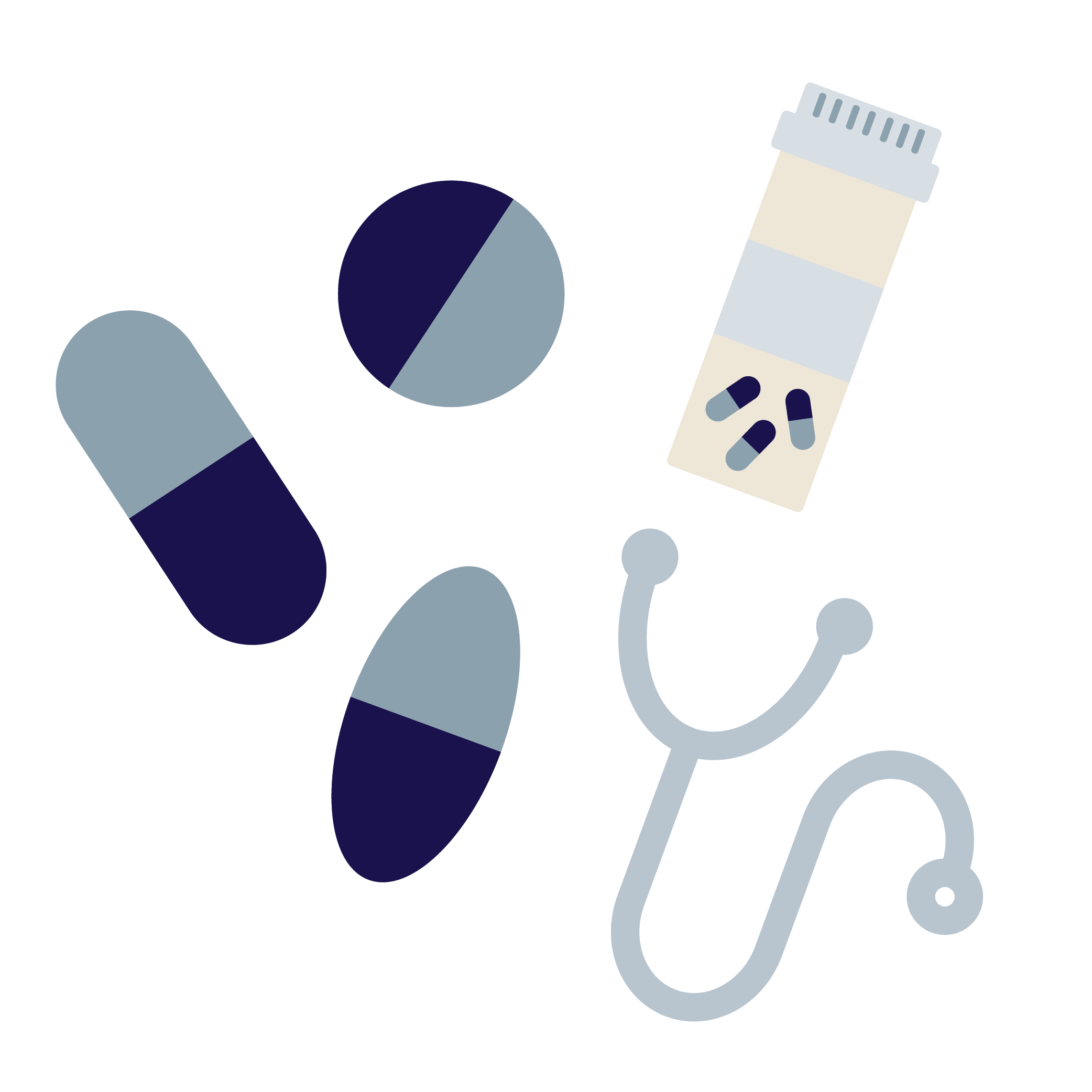
COLD SORES - WHAT DO YOU NEED TO KNOW
What are cold sores?
Cold sores are fluid-filled blisters that appear around your mouth and on your lips. The blisters burst and crust over into a scab.
They’re caused by the herpes simplex virus (HSV), a common virus that is spread through skin-to-skin contact.

What are the symptoms?
You’ll normally get a tingling or burning feeling before a cold sore appears. After that, a blister forms and fills with fluid. The blister then usually bursts and weeps until it scabs over and heals. It can take one to two weeks for a cold sore to fully heal without treatment.
What causes cold sores?
There are two types of herpes simplex virus: type 1 and type 2. Cold sores are most commonly caused by HSV-1. HSV-2 usually causes genital herpes but if it infects skin around the mouth it can also cause cold sores.
Once you have the virus, it stays with you for life, so you can have an outbreak at any time. If you get cold sores fairly often you might notice that there are certain triggers for your outbreaks.
What can trigger a cold sore outbreak?
Triggers can vary from person to person, but common ones include:
- Getting an infection, like a cold or the flu
- Stress
- Exhaustion
- Hormonal changes, like having your period
- Strong, or direct, sunlight
How can I avoid passing on my cold sores?
Cold sores are contagious from the moment you first feel tingling through to when the blisters have healed. It’s important that you try and prevent spreading to others, especially someone with a weakened immune system. You should be particularly careful around babies. If they get infected they may get neonatal herpes, which is a very severe condition.
Be careful not to touch your sores. If you need to apply cream, just dab it on and make sure you wash your hands afterwards. Don’t share anything that touches your cold sore, like cream, lipstick or cutlery. Don’t kiss or have oral sex while you have symptoms. If it is passed on through oral sex, it may cause genital herpes.
How can I deal with my symptoms at home?
You should try to avoid touching your blisters or scabs because you might spread the virus to other parts of your body. If you do touch them, make sure you wash your hands well afterwards. If sunlight is making your symptoms worse, use sunscreen or sunblock lip balm to help protect or prevent sores.
You can try aciclovir cream as an alternative over-the-counter treatment. You might find that taking pain relief or using petroleum jelly can help to soothe your symptoms.

